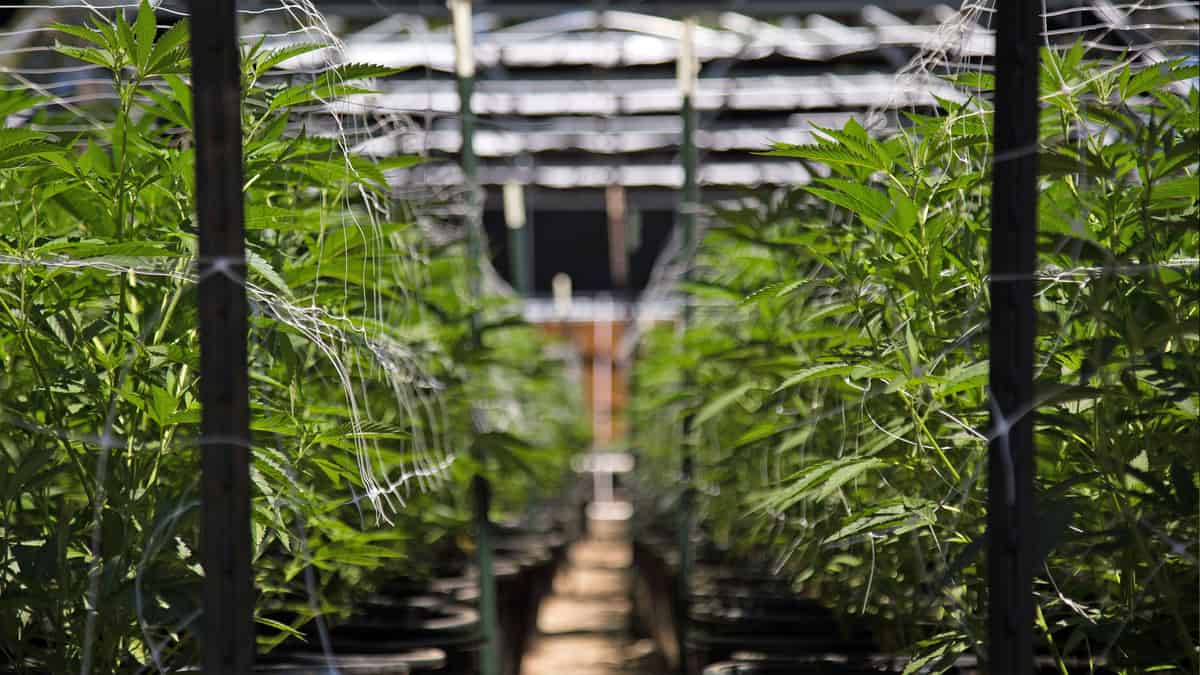Medical marijuana firm AMP German Cannabis Group announced that it will begin auditing its supply chain in accordance with the European Union (EU) Good Manufacturing Procedure (EU-GMP) to “ensure the quality and integrity of pharmaceutical goods” as they move through the supply chain from the supplier to the German patient.
Legalization of medical marijuana in Germany happened fairly recently (in 2017), while recreational cannabis continues to remain illegal. Nonetheless, even with medical marijuana being legal, patients still face significant difficulties in procuring it as Germany contends with supply shortages and unnaturally high shelf prices.
This ultimately boils down to the confusing reality of laws that govern marijuana in Germany. Since marijuana is still classified under narcotics and carries a state prohibition on its growth, sale and distribution, domestic cannabis fields cannot exist in Germany – making patients rely entirely on pharmaceutical imports for their needs.
Recognizing a huge opportunity, several foreign pharmaceutical companies have taken an interest in importing medical marijuana in Germany. A growing number of doctors jump onto the cannabis bandwagon every year, endorsing cannabis therapies for a variety of ailments, and thus creating a perfect recipe for the medical marijuana supply chain to flourish.
For AMP, the EU-GMP certification will help push products earmarked to meet the highest consumer health and safety standards. Meeting these standards will also ensure a more effortless entry into the German market.
“In addition to ensuring the suppliers’ production and operating processes meet EU-GMP certification standards, AMP’s German pharmaceutical consulting partner will audit AMP’s supply chain service providers during the fourth quarter of 2019 to ensure the quality and integrity of the pharmaceutical goods is maintained during transportation, warehousing, handling, testing and distribution,” said the company in a statement.
The idea of EU-GMP certification apart, global cannabis supply chains can also look to leverage the technology of blockchain to bring transparency and visibility into the movement of marijuana from the field to the pharmacy counter. Blockchain can also ensure accountability from every stakeholder across the value chain, as the decentralized ledger technology demands equal participation and responsibility from every party involved.
Pushing all the stakeholders onto a single decentralized blockchain network will also eliminate possibilities of counterfeit cannabis products making their way into the supply chain. Marijuana cultivation produces a lot of waste and some plants die along the way, which makes it vital to keep an accurate measure on the volume of harvested cannabis to ensure safety.
AMP expects its first imports into Germany to begin by the first half of 2020. AMP will be procuring its medical cannabis from two licensed producers based in the state of Alberta, Canada. The supply agreements will be made more concrete once these producers clear the audit for EU-GMP certification and receive their sales license from Health Canada.
AMP will check the medical cannabis products before they are transported from Canada to Frankfurt, Germany, via air freight. Upon landing in Frankfurt, the products will be stored at a narcotics storage facility. The products will be inspected one last time before they are cleared to be sold to German pharmaceutical wholesalers. These wholesalers will only be allowed to sell the stocks to pharmacists who are contractually bound to AMP for their medical cannabis supply – thus ensuring strict accountability over the cannabis inventory.










